Every season has its own set of dangers, and winter hasn’t quite left us this year. Let’s therefore talk about cold-related health hazards and how our first aid course in Toronto can help you deal with them.
It’s true that Canadian winter has been coming and going a lot in recent years, but it’s still notoriously cold.
We love spending time outdoors. Skiing, sledding, skating and even camping in the cold, crisp weather, are only a few of the favourite Canadian pastimes.
But with fun in extreme weather also come cold-related risks that we need to be able to recognize, prevent, and – in case that didn’t work – deal with, very very quickly. And all those risks usually sum up to one major risk – hypothermia.
Hypothermia is a cold-caused medical crisis with various degrees of danger, ranging from health failure all the way to severe risk of death. Let’s examine different degrees of this condition.
Mild Hypothermia – there’s no risk to the person’s life yet. The symptoms will be numbness of their fingers and toes, a sensation of cold and possibly mild weakness. You don’t need to take a Toronto first aid course to be able to treat this. The person needs to be warmed up, no urgent measures are necessary.
Moderate Hypothermia – this is where your Toronto first aid course may already come in handy. There is still no grave danger, but the risk of going into severe hypothermia is very high. The core temperature of the body, not only the extremities, begins to decline. It is usually marked by rapid shivering, with the thinking becoming sluggish and clouded. Warm the person up but do it slowly, to avoid the danger of heart arrhythmias.
Severe Hypothermia – here is where the person faces a risk of losing their life. Advanced medical care is needed and quickly. This condition happens when the core temperature declines below 30 degrees, cooling the blood and internal organs so much they may actually fail. This condition is recognizable however. The person will be so numb as to stop complaining about the cold. The shivers will cease, but their behavior will remain impaired with loss of coordination and a possibility of losing consciousness.
The reason everyone needs to take a Toronto first aid course is to be able to tell those conditions apart and to be able to treat them correctly.
We are here for you and also have standard first aid and CPR C recertification courses available for those who need to renew them. Get certified today, save a life tomorrow. Visit our Toronto CPR & first aid training facilities at Coast2Coast today.
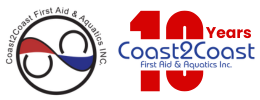




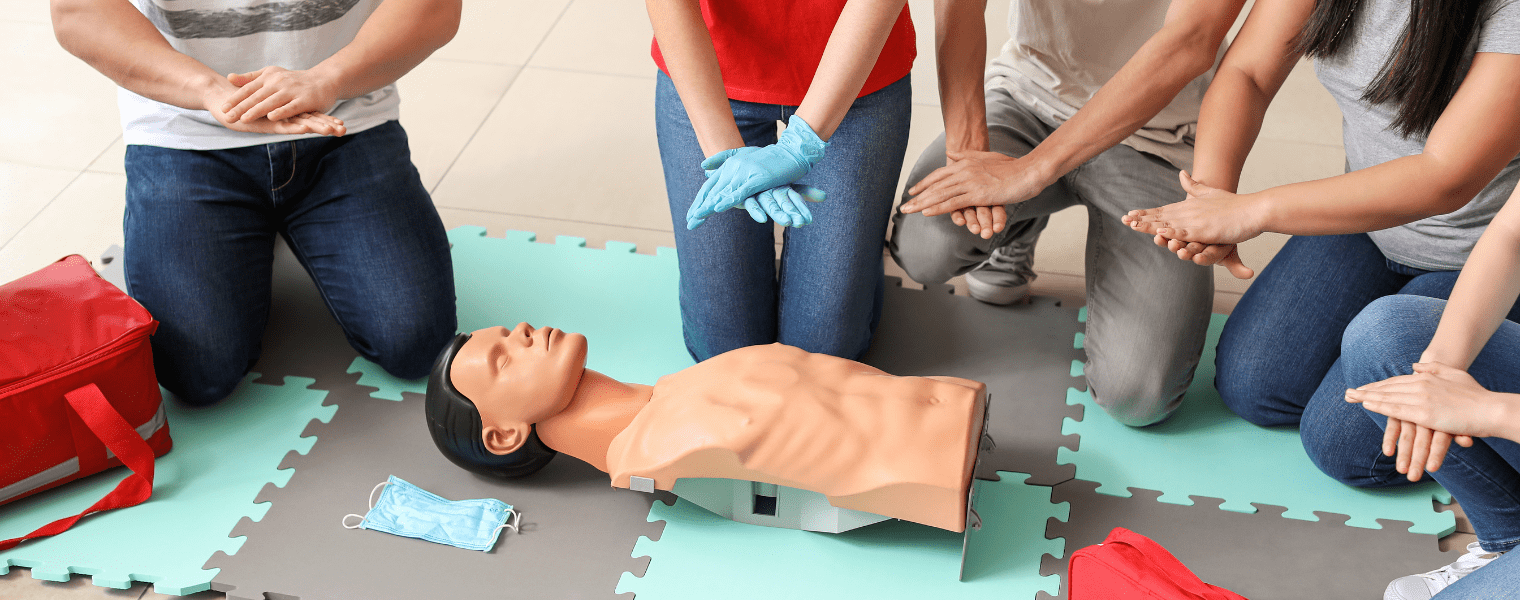
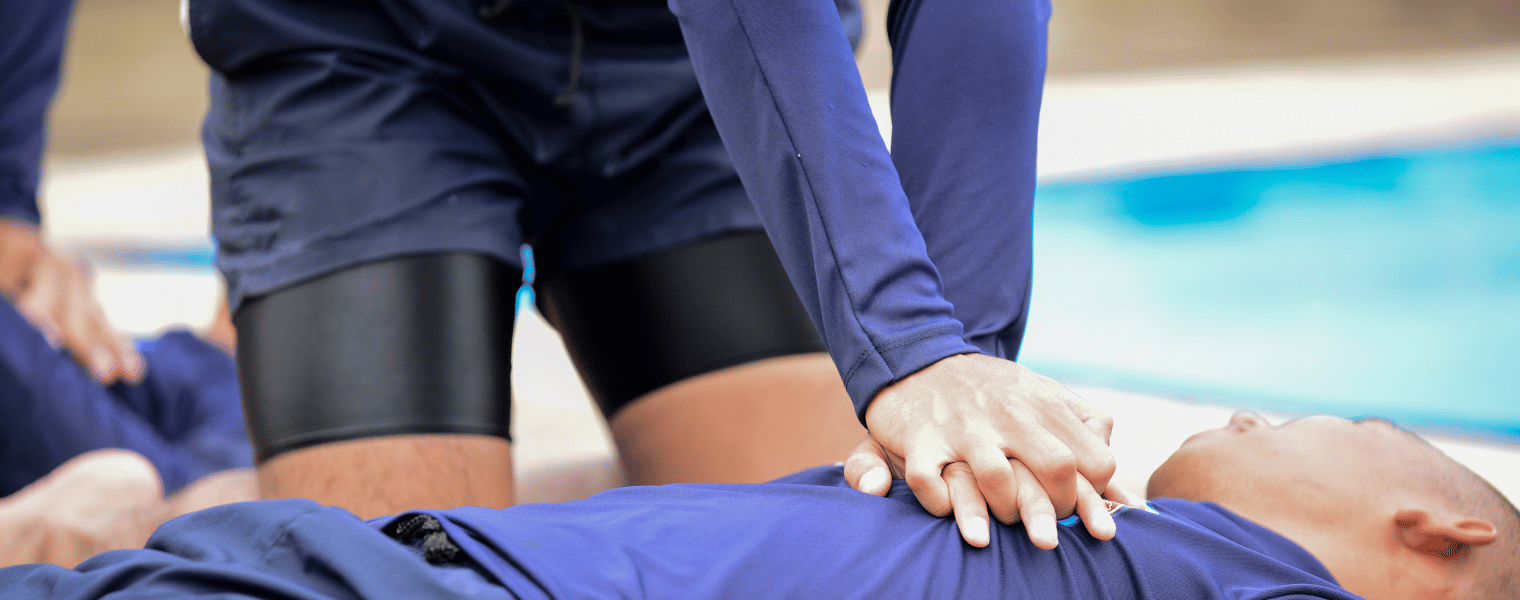

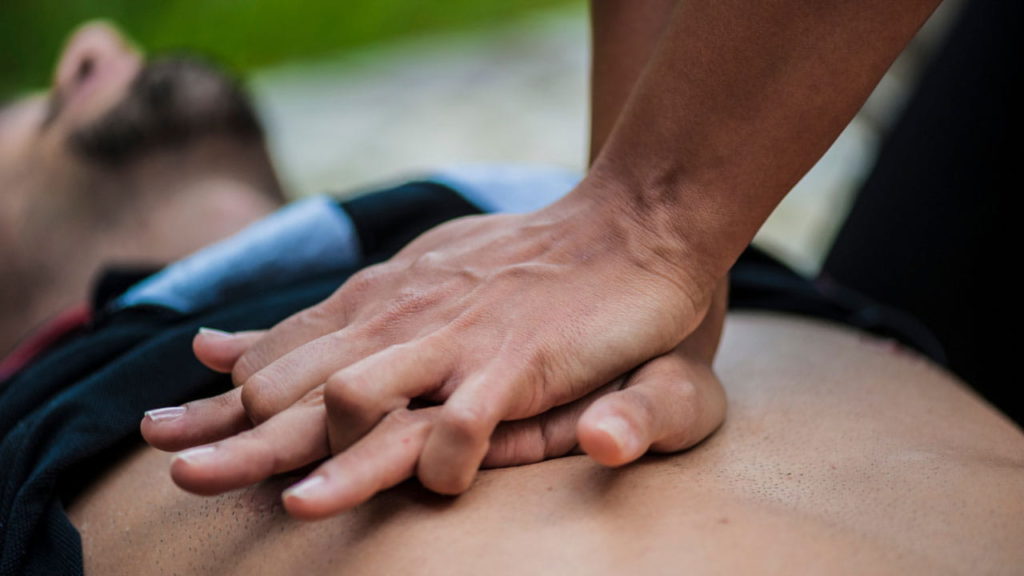
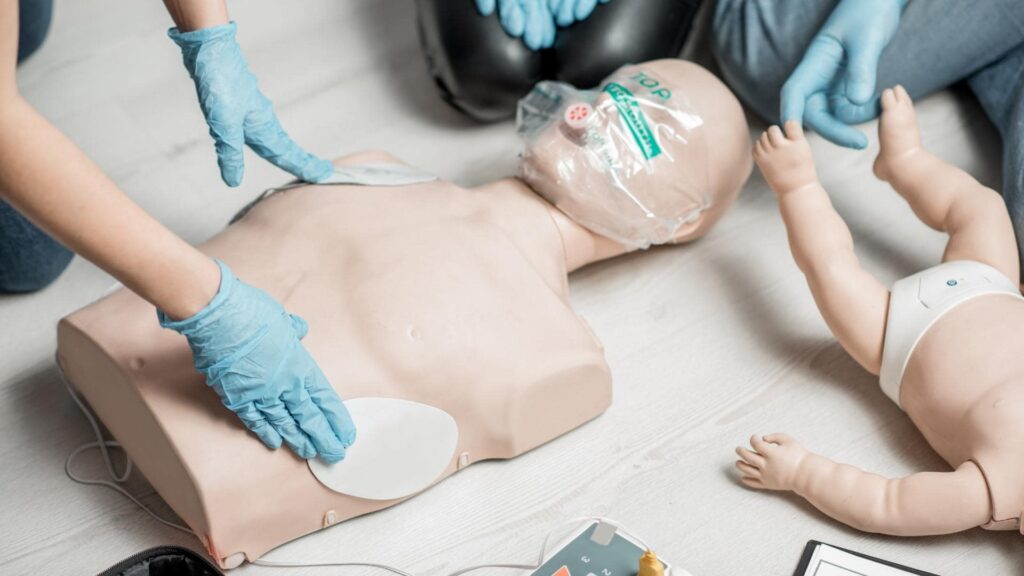

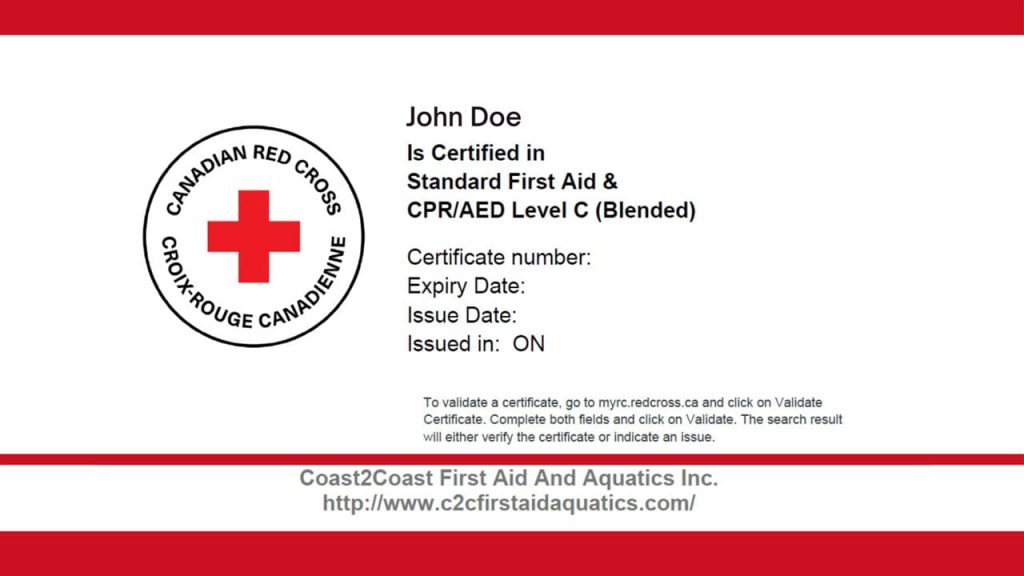
No comment yet, add your voice below!